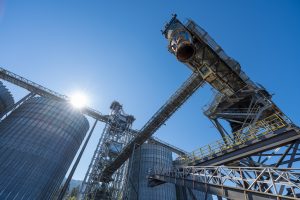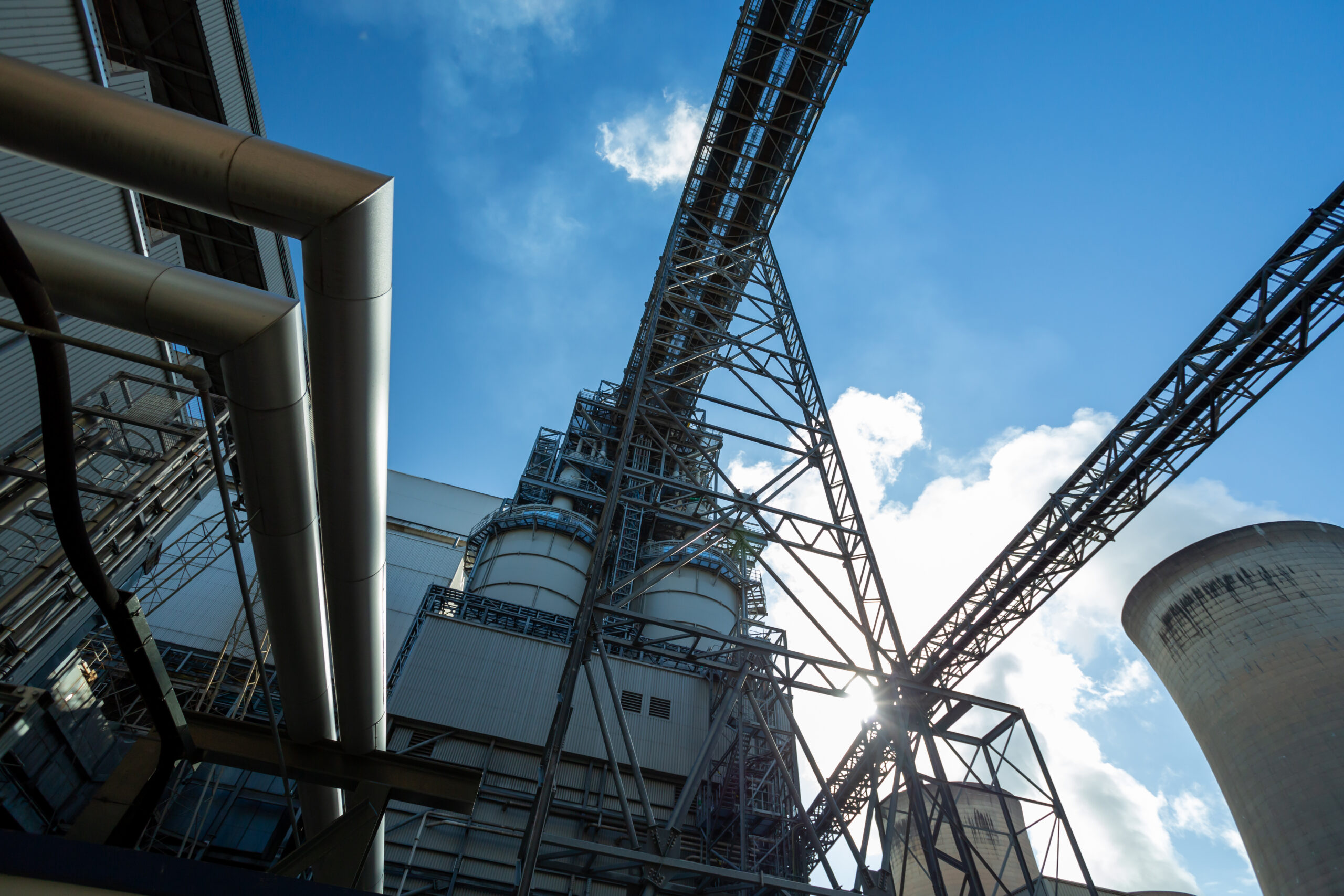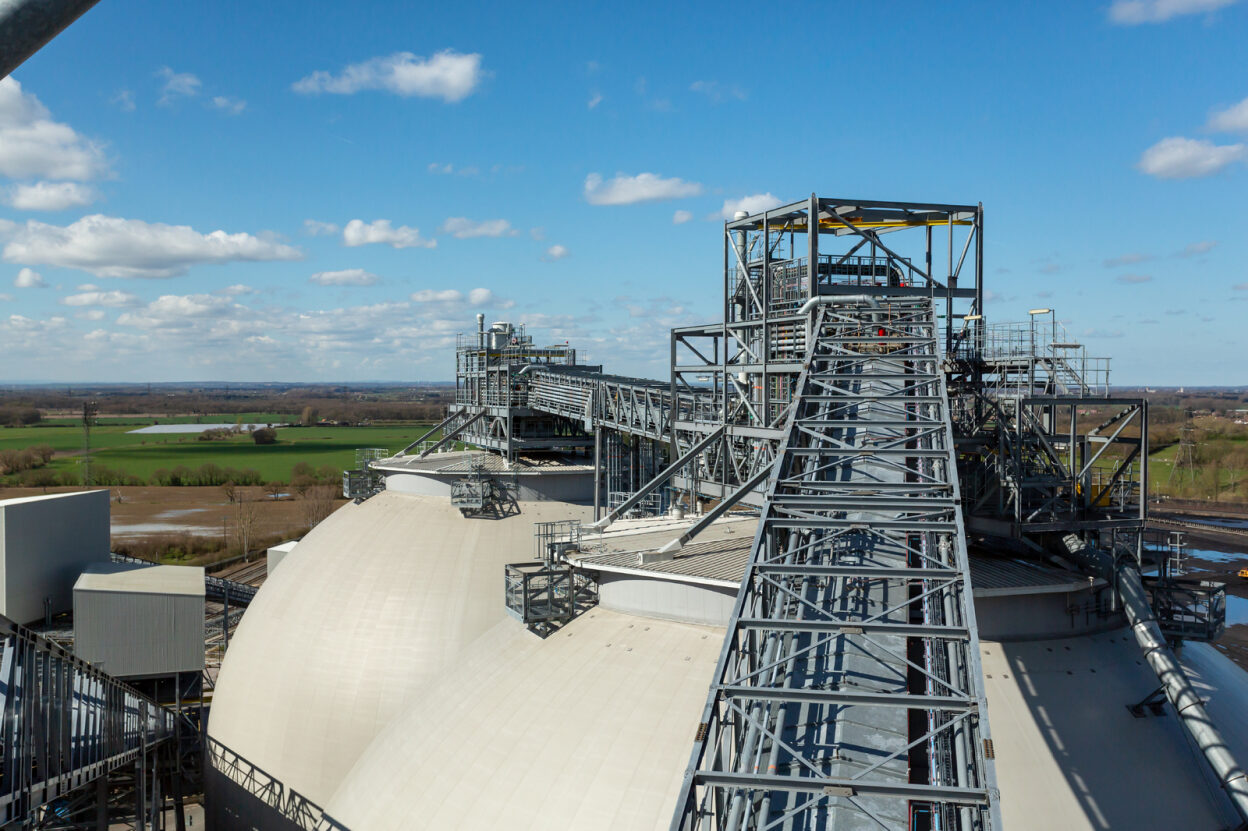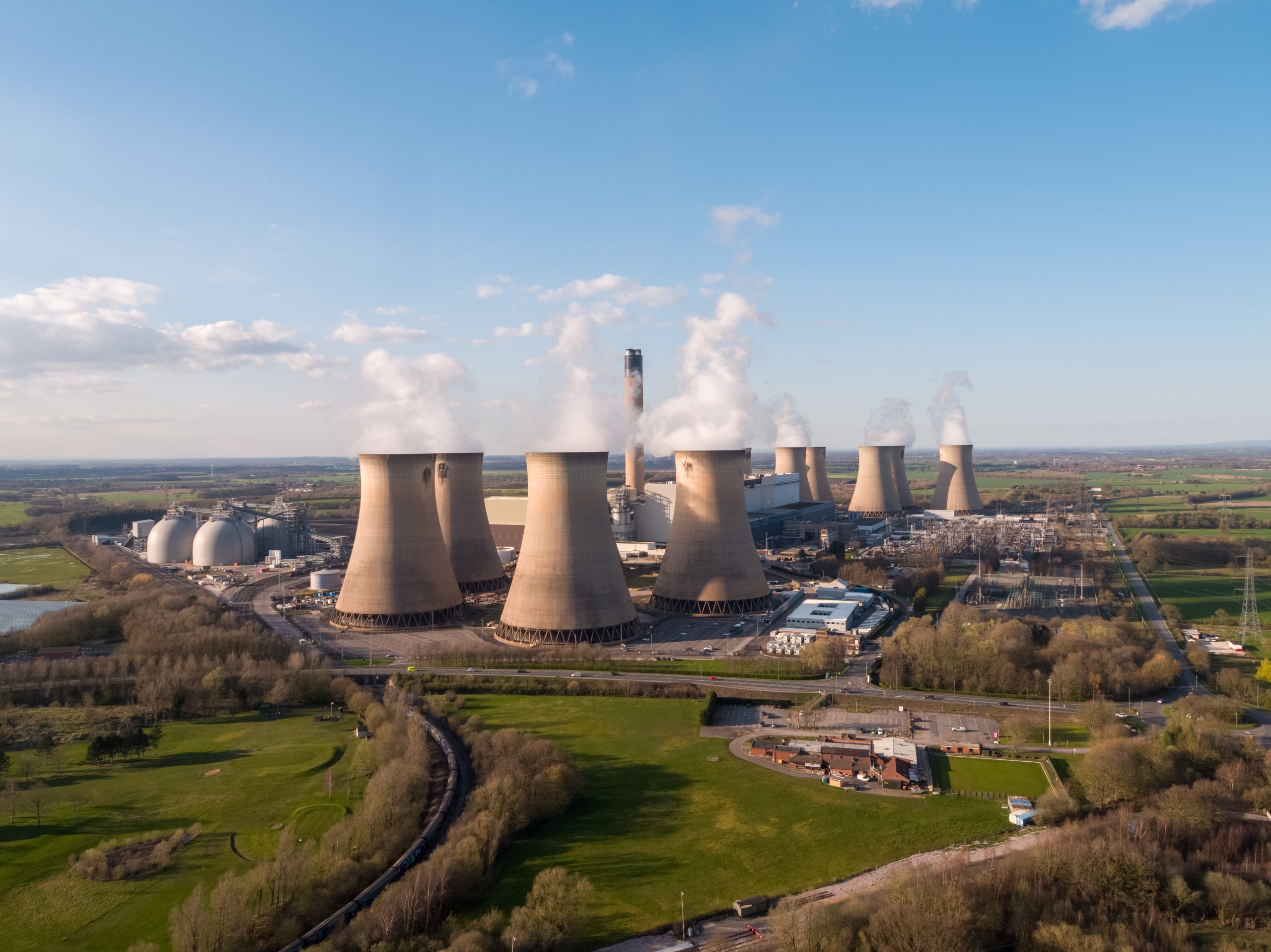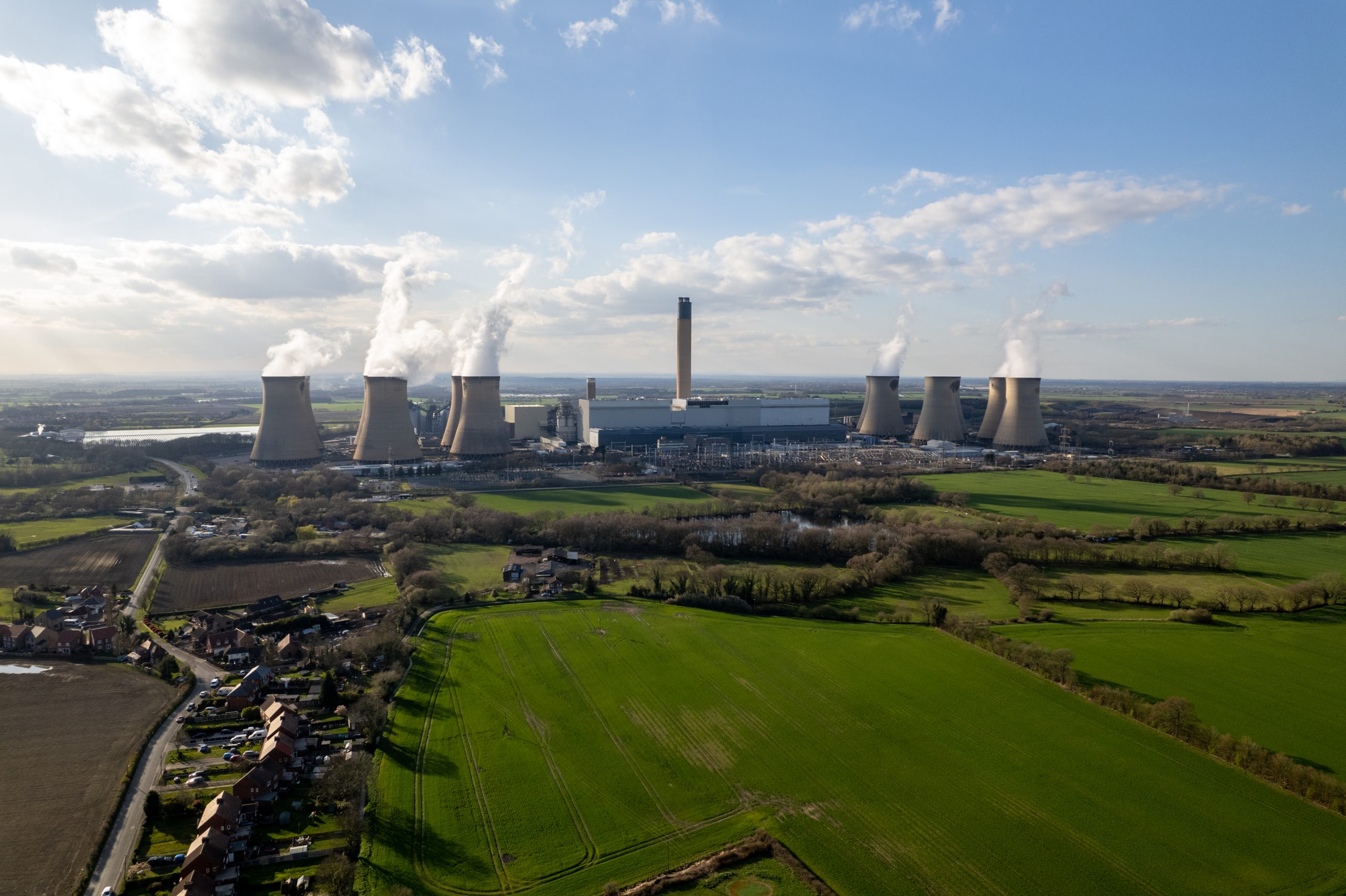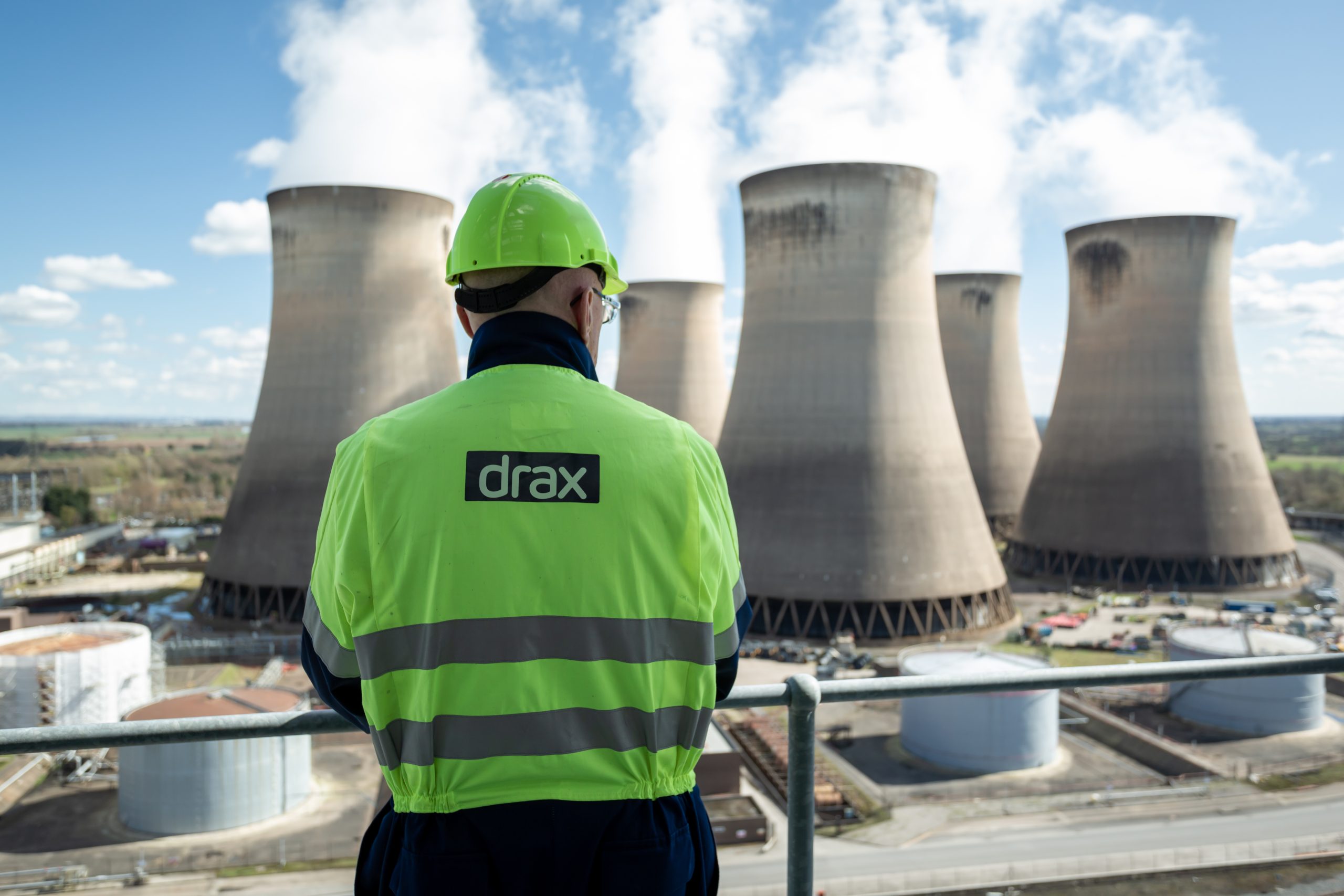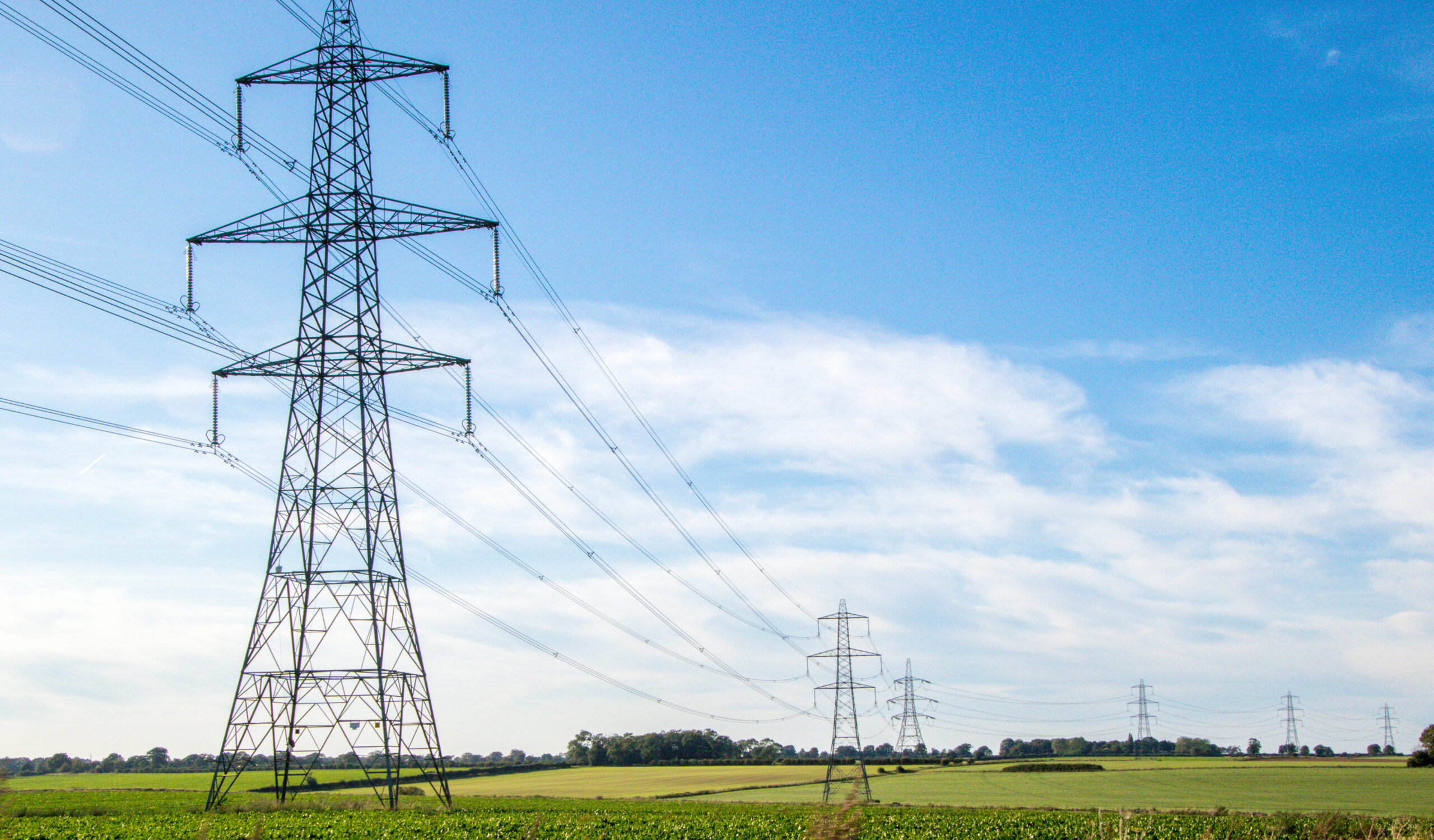
- By 2028 the UK’s demand for power is set to exceed secure dispatchable and baseload capacity by 7.5GW at peak times
- “Crunch point” is a result of delays in bringing new generation on to the system, increasing demand for power and upcoming retirement of existing assets
- Shortfall would leave UK more dependent on intermittent domestic and international generation
- Mitigation includes extending the use of existing nuclear and dispatchable generation, including biomass, and supporting reduction in peak demand
New independent analysis by Public First, ‘Mind the gap: Exploring Britain’s energy crunch’, commissioned by Drax Group (Drax), reveals that the UK will hit an energy security “crunch point” in 2028.
Public First’s research finds that in 2028 a perfect storm of an increase in demand, the retirement of existing assets, and delays to the delivery of Hinkley Point C will culminate in demand exceeding secure dispatchable and baseload capacity by 7.5GW at peak times.
This shortfall is more than three times the secure de-rated power that Sizewell C will be capable of providing to the system when completed – 2.5GW – and nearly double the gap in 2022 (4GW). Uncertainty for biomass generators, which contribute over 3GW of secure dispatchable power, risks compounding the shortfall by nearly 50%.
The analysis also shows that over the next five years the headroom between secure total supply and peak demand is tightest in 2028. This is when total de-rated capacity is expected to be just 5GW higher than demand in peak times – this represents a significant reduction (c.-40%) from the average expected headroom across 2024-2027 (8.5GW).
The scale of the energy crunch will play out when National Grid ESO runs its T-4 Capacity Market Auction to procure sufficient power generating capacity to keep the lights on in 2027-28. The margin between target capacity the ESO wants to secure (44GW) and how much generation has entered the auction (43.4GW) is the tightest it has ever been since the auctions started ten years ago.
The research underscores that energy security will be a key issue in the next Parliamentary term. Without additional action taken to make up the shortfall, the UK will be more dependent on intermittent power from international energy interconnectors and renewables like wind and solar.
The report states building additional new capacity is unlikely to have a material impact in time and that to deliver certainty the Government should:
- Extend the use of existing baseload generation assets which provide secure capacity, including nuclear plants scheduled to retire, and agree transitional arrangements for biomass operators that plan to install bioenergy with carbon capture and storage (BECCS) technology.
- Work to reduce peak demand by encouraging flexibility and installing more home insulation.
Richard Gwilliam, Drax Group’s UK BECCS Programme Director, said:
“Delivering energy security is a critical and longstanding challenge for all governments. The need to maintain it while tackling climate change and rapidly decarbonising economies makes the issue all the more acute.
“This research demonstrates the UK is facing a power generation crunch point, with demand set to outstrip the supply of secure dispatchable and baseload capacity – leaving the UK reliant on intermittent forms of generation. To keep the lights on, part of the solution will be extending the lives of existing generation assets. Drax Power Station and our pumped storage and hydro power sites already provide secure, renewable electricity for millions of homes and businesses – but there’s more we can do.
“Drax plans to massively expand the generation capacity of Cruachan pumped storage power station in Scotland, some of which could be available to help bridge the power gap. Additionally, providing we secure the appropriate transitional support, our project to deliver two units of BECCS at our Selby site would also support energy security and decarbonisation through the crunch and well into the future.”
Daisy Powell-Chandler, Head of Energy and Environment at Public First, said:
“Setbacks in bringing new nuclear and offshore wind online, the retirement of generation assets and increasing power demand will create an energy crunch point in 2028. But the challenge of keeping the lights on is not set in stone: policymakers have a suite of levers they can pull to ensure that we have a more secure, diverse, and sustainable energy system in the future.”
As part of the research, Public First polled UK residents to better understand public perceptions of energy security following the Russian invasion of Ukraine.
The polling found that energy security remains high on the public agenda with 46% of those polled feeling that there was a medium-high risk of energy shortages this coming winter and almost 41% feel the risk of energy shortages is increasing.
ENDS
Notes to Editors:
About research:
The link to the report can be found here
Media contacts:
Andy Low
Media Manager
E: [email protected]
T: 07841 068 415
About Drax:
Drax Group’s (Drax) purpose is to enable a zero carbon, lower cost energy future and in 2019 announced a world-leading ambition to be carbon negative by 2030, using bioenergy with carbon capture and storage (BECCS) technology.
Drax’s c.3,500 employees operate across three principal areas of activity – electricity generation, electricity sales to business customers and compressed wood pellet production and supply to third parties. For more information visit www.drax.com
Power generation:
Drax owns and operates a portfolio of renewable electricity generation assets in England and Scotland. The assets include the UK’s largest power station, based at Selby, North Yorkshire, which supplies four percent of the country’s electricity needs.
Having converted Drax Power Station to use sustainable biomass instead of coal it has become the UK’s biggest renewable power generator. It is also where Drax is piloting the negative emissions technology BECCS within its CCUS (Carbon Capture Utilisation and Storage) Incubation Area.
Its pumped storage, hydro and energy from waste assets in Scotland include Cruachan Power Station – a flexible pumped storage facility within the hollowed-out mountain Ben Cruachan.
The Group also aims to build on its BECCS innovation at Drax Power Station with a target to deliver 4 million tonnes of negative CO2 emissions each year from new-build BECCS outside of the UK by 2030 and is currently developing models for North American and European markets.
Pellet production and supply:
The Group has 18 operational pellet plants and developments with nameplate production capacity of around 5 million tonnes a year.
Drax is targeting 8 million tonnes of production capacity by 2030, which will require the development of over 3 million tonnes of new biomass pellet production capacity. The pellets are produced using materials sourced from sustainably managed working forests and are supplied to third party customers in Europe and Asia for the generation of renewable power.
Drax’s pellet plants supply biomass used at its own power station in North Yorkshire, England to generate flexible, renewable power for the UK’s homes and businesses, and also to customers in Europe and Asia.
Customers:
Drax supplies renewable electricity to UK businesses, offering a range of energy-related services including energy optimisation, as well as electric vehicle strategy and management.
To find out more go to the website www.energy.drax.com





